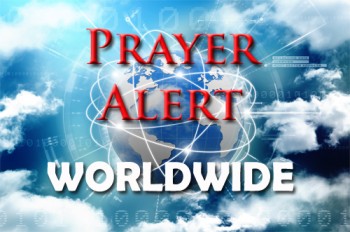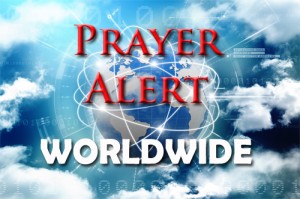Displaying items by tag: tribal
Indigenous, tribal and animistic peoples
Local ethnic or folk religions have seen great losses to the larger religious movements. They were the dominant faith among 30% of the world in 1900, but only among 9% today. Yet traditional religion has not gone away. Many followers of world religions wear their faith lightly and remain, at heart, followers of folk religions: shamanists, idol worshippers, spiritists or ancestor worshippers. The worldwide fascination with spells, amulets, crystals and the occult highlights the power of the old ways. People who claim to connect with the spirit-world are still in demand around the world. Their presence is a kind of tax on fear. Yet people who have turned to Christ from folk religion testify to his power over spells, curses, fears, taboos, and superstitions - and also in the life-and-death issues like sin and forgiveness. Pray for Christ to shine ever brighter into the world of animism and for the Holy Spirit to bring repentance and new life. See
Iraq: ongoing power struggles
For centuries the social and political organisation of many Iraqis has centred on the tribe. Socially, tribes were divided into related sub-tribes, which further divided into clans, and then into extended families. Today 75% of Iraq’s people are members of a tribe with a strict honour code. Despite the liberation of most of IS-occupied areas, political differences and a struggle for power remain. There have been clashes between the Popular Mobilisation Units and the Kurdish Peshmerga forces near Kirkuk. Also, on 20 July clashes between the Sunni Nineveh Guards and the Shi’ite faction of Kataib Sayyid al-Shuhada took place in Mosul. There are fears that these clashes might expand into open warfare amid deep differences over the disputed tribal areas extending from the Iranian border, through Kirkuk province and into Yazidi areas near the Syrian border. Terrorists have also been exploiting tribal differences for years. For historical roots, see:

